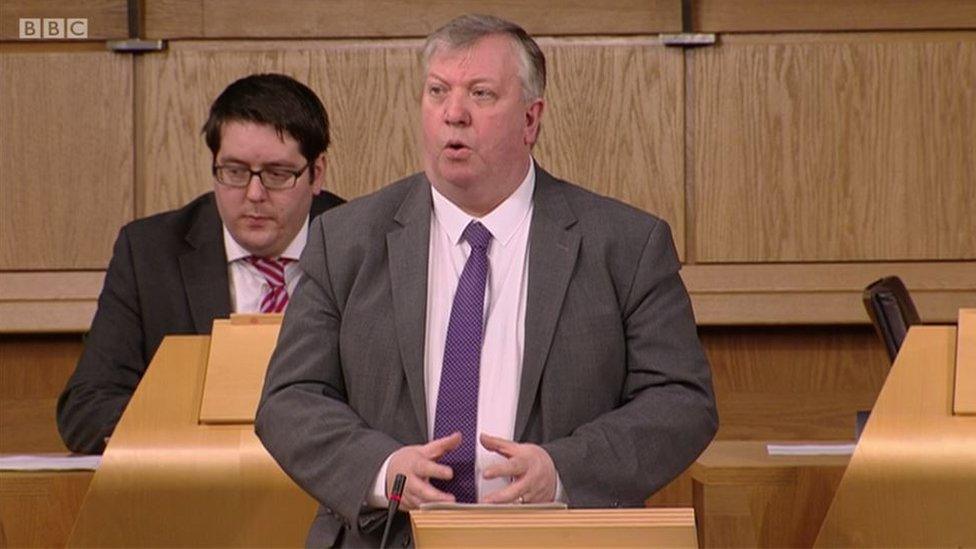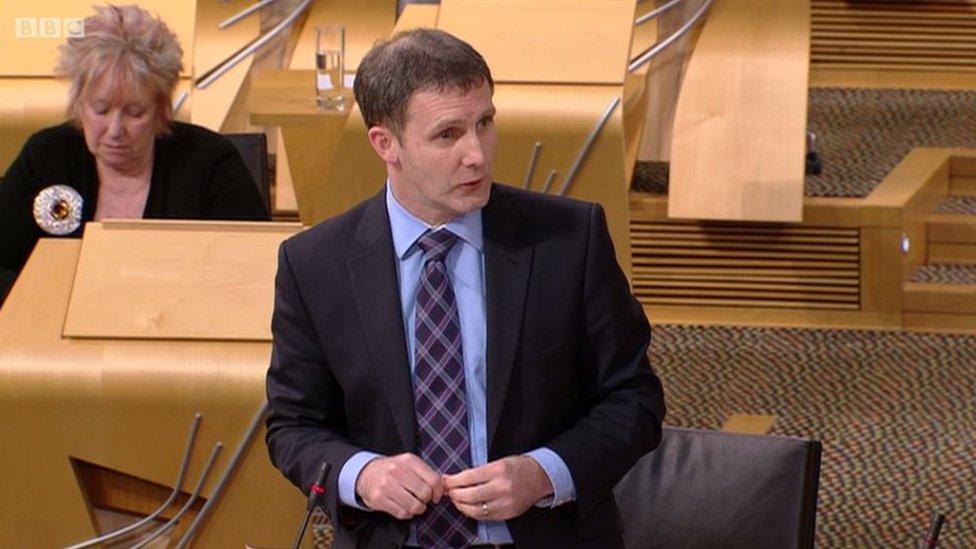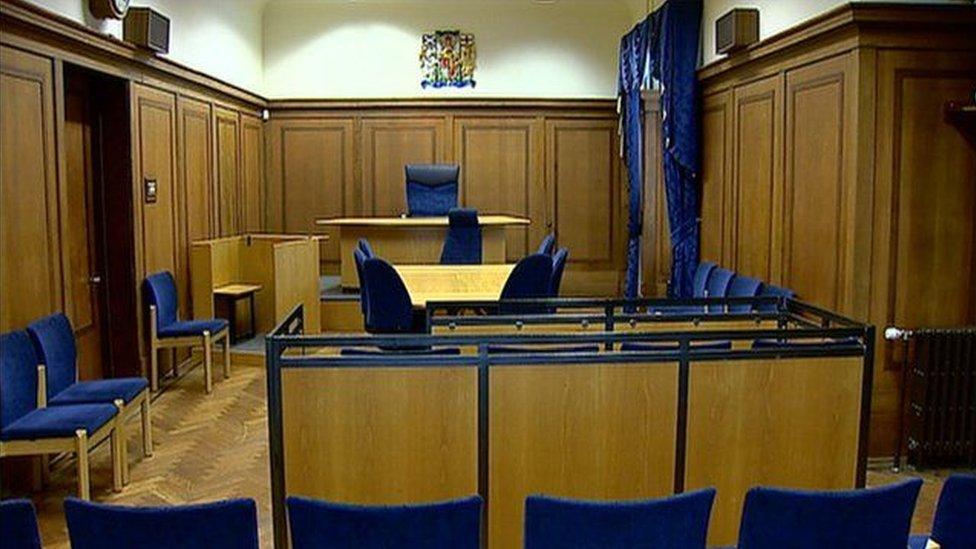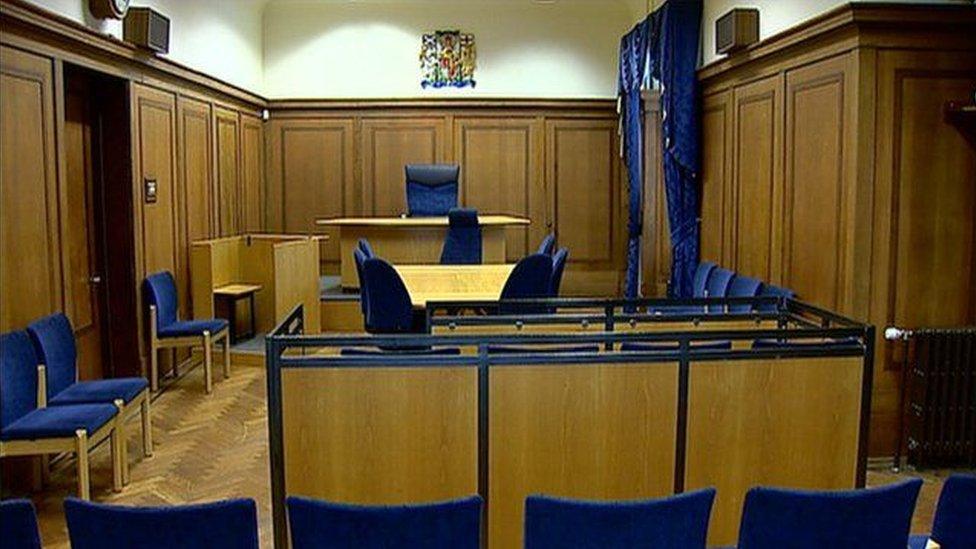Bid to scrap 'not proven' verdict from Scots courts fails
- Published

Michael McMahon argue the not proven verdict was confusing to juries and upsetting to victims
A bid to abolish the "not proven" verdict from Scotland's courts has been rejected by MSPs.
Labour MSP Michael McMahon introduced a members bill seeking to remove the verdict, which he said can confuse juries and upset victims.
However, the Scottish government did not support Mr McMahon, with concerns voiced about a provision which would require two thirds of a jury to support any verdict.
MSPs voted 80 to 28 against the bill.
Speaking to his bill, Mr McMahon said it was essential the Scottish justice system was transparent and fully understood by all members of society.
He said the public believed a not proven verdict carried a degree of culpability, with the impression that the accused "got away with it".
He said this also left victims confused and disappointed.
Jury majority
Mr McMahon also proposed increasing the majority required to convict a defendant to two-thirds of the jury, saying convictions must be robust to justify removing the not proven verdict.
Holyrood's justice committee said the not proven verdict was living on "borrowed time" and may not serve any purpose, but was split on whether to support the bill due to the jury majority provision.
Convener Christine Grahame said a "clear majority" of the committee had backed the former proposal, but not the latter, and called for the matter to be included in an examination of the justice system by Lord Bonomy.

Justice Secretary Michael Matheson said the Scottish government could not support the bill
Justice Secretary Michael Matheson praised Mr McMahon for his efforts in bringing the bill to the chamber, but also opposed it because of the jury requirement and Lord Bonomy's review.
He said Scotland has one of the largest jury sizes in the world, at 15, and said there would need to be "a strong evidence base" and research of juries before such a change was made.
Mr McMahon did win support from fellow Labour MSPs, including Elaine Murray, who said the highest use of the verdict was in rape cases.
Another Labour member, former senior policeman Graeme Pearson, said victims could be "left in limbo" by the verdict.
After Conservative MSPs also spoke out against the bill, it was overwhelmingly defeated at decision time.

What is the not proven verdict?
Scotland, unlike most of the world's legal systems, has three possible verdicts in criminal cases - guilty, not guilty and not proven
The legal implications of a not proven verdict are the same as with a not guilty verdict: the accused is acquitted and is innocent in the eyes of the law
Not proven is seen by some as offering additional protection to the accused
But critics argue that it is confusing for juries and the public, can stigmatise an accused person and fail to provide closure for victims
Scottish juries were historically able to return only proven or not proven verdicts
A third verdict of not guilty was introduced in the 1700s and became more commonly used than not proven
However, the option of returning a verdict of not proven was never removed
In more recent years, the general perception has been that a "not proven" verdict suggests a sheriff or jury believes the accused is guilty, but does not have sufficient evidence to convict
In 2013-14, the not proven verdict was used in 35% of acquittals following trials for rape or attempted rape
This compares with a figure of 17% in the case of acquittals following trial generally (including trials without juries)
Overall, only 1% of all criminal court outcomes during each of the five years 2008-09 to 2012-13 involved the case against the accused being found not proven
- Published9 February 2016

- Published19 January 2016
